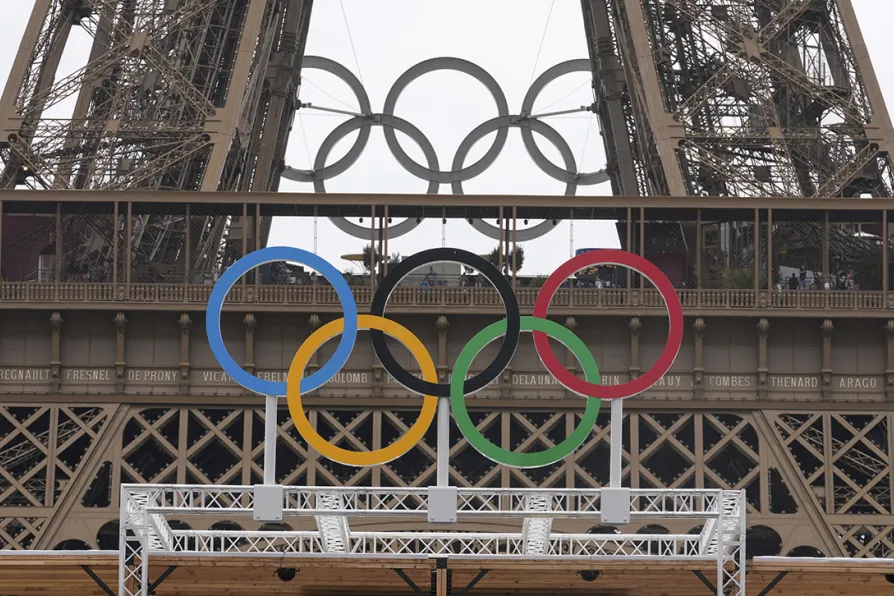Paris takes centre stage once again as start of Paralympic Games closes in

 The Olympic Rings on the Blind Football venue for Paris 2024 Paralympic Games at Champ-de-Mars next to the Eiffel Tower in Paris, August 18, 2024
The Olympic Rings on the Blind Football venue for Paris 2024 Paralympic Games at Champ-de-Mars next to the Eiffel Tower in Paris, August 18, 2024
PRECISELY 17 days since bidding adieu to the Olympics, Paris will be back in the spotlight as its maiden Paralympic Games takes flight at Place de la Concorde.
An estimated 65,000 spectators are expected on the evening of August 28 when up to 4,400 medal hopefuls parade along the Champs-Elysees to the French capital’s largest public square.
The bold decision to ditch the traditional stadium setting in favour of staging an ambitious opening ceremony on the north bank of the river Seine is designed to put disability and inclusivity at the heart of society.
Similar stories














